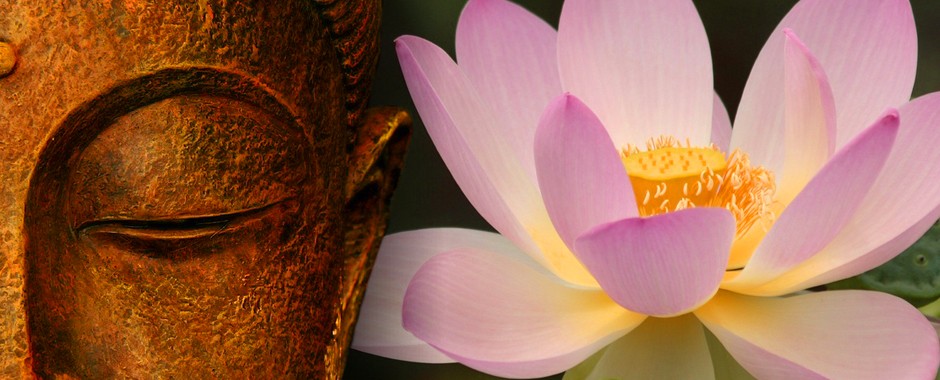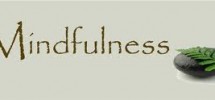Mindfulness actually has a very short and simple definition: The practice of attending non-judgmentally to present moment experience. While this may sound simple, and maybe unexciting, it can actually be quite challenging and opens up a whole new way of relating to ourselves and the world around us. The reason the practice of mindfulness can be challenging is because it is entirely contrary to our usual way of being in the world – a way of being that is the product of a lifetime of conditioning, and which is continually supported by modern society.
Both parts of the definition (paying attention and being nonjudgmental) are at odds with the way we typically carry ourselves. First, just paying attention to our experience, in itself, is not something we typically do. We might pay attention to a book, a newspaper, a movie, or someone else, but we rarely take the time to pay attention to the actuality of our own experience as it is happening – unless that experience is so strong that it leaves us no choice – such as physical or emotional pain. Second, when we do attend to our experience, we are anything but nonjudgmental about it. On the contrary, we are always deciding whether an experience is “good” or “bad” and whether it should or shouldn’t be happening. If it is “good,” we try to figure out how to keep it going or make it happen more often. If it is “bad,” we try to push it away or overcome it in some way.
As you’re reading this, you may be saying to yourself that this makes perfect sense: I’m a busy person with enough things to pay attention to as it is, and why shouldn’t I try to keep good experiences going and get the bad experiences to go away? The problem is that we actually have very little control over our present moment experience – for example, whether we are going to have neck or back pain or feel happy or sad at any point in time. And our normal judgmental way of responding to our experience leads to reactivity. So what usually happens is that an experience thrusts itself into our awareness, and we either grasp the experience if it’s pleasant, or push it away or tighten up against it if it is something we perceive as unpleasant. This produces suffering for us. We spend our emotional energy trying to control something that, more often than not, does not need controlling, and/or cannot be controlled because it is already present. We get locked in a battle with ourselves over what we are experiencing which can lead to a sense of being “stuck.” If instead we learn to open to what is happening in the moment, we bypass the normal tendency to reactivity and allow our life to unfold naturally. This paves the way for a more skillful and intentional approach to our lives.










